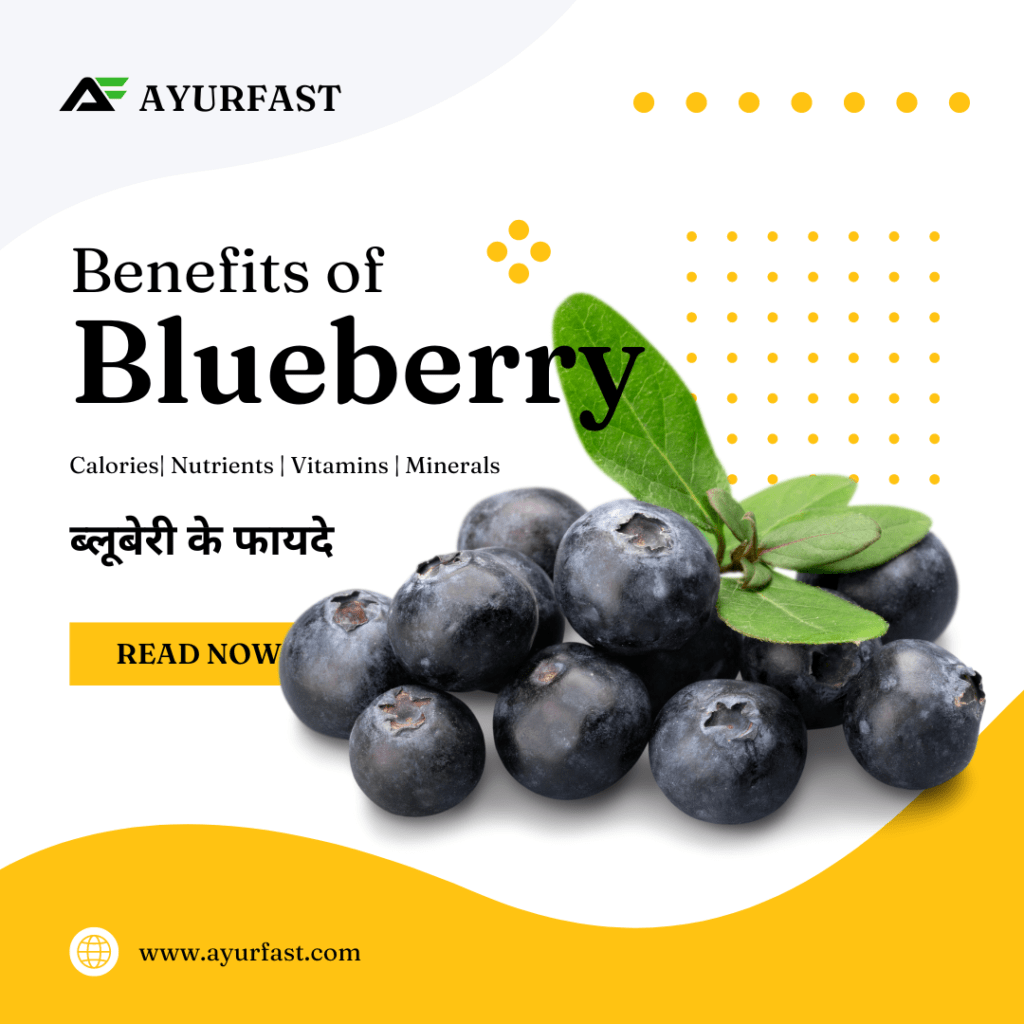The About
Peach is a sweet and juicy fruit that belongs to the family of stone fruits. It has fuzzy skin and a hard pit in the center. Peaches can be consumed fresh or cooked, and they are used in a variety of desserts, jams, and sauces.
Health Benefits of Peach:
-
Rich in Antioxidants: Peaches contain antioxidants like vitamin C, which can help protect the body from harmful free radicals and reduce the risk of chronic diseases.
-
Good for Digestion: The fruit is high in fiber, which can improve digestion and prevent constipation.
-
May Reduce Inflammation: Peaches contain compounds like phenolic acids and flavonoids that have anti-inflammatory properties and may help reduce inflammation in the body.
-
Promotes Healthy Skin: The fruit is a good source of vitamin C, which is essential for the production of collagen, a protein that keeps the skin healthy and firm.
-
Boosts Immune System: Peaches are rich in vitamin C and other antioxidants that can help boost the immune system and protect the body against infections.
-
May Lower the Risk of Cancer: Peaches contain compounds like chlorogenic acid, which have been shown to have anticancer properties and may help reduce the risk of certain types of cancer.
Diseases that Peach can help prevent or manage:
- Heart Disease
- High Blood Pressure
- Type 2 Diabetes
- Digestive Issues
- Inflammation
- Skin Aging
- Certain types of cancer
Nutritional Information:
Energy: 39 calories
Macro Nutrients:
| Nutrient | Amount per serving (50g) |
|---|---|
| Carbohydrates | 9.4g |
| Fats | 0.2g |
| Proteins | 0.8g |
| Fiber | 1.4g |
| Water | 38.1g |
Vitamins:
| Vitamin | Amount per serving (50g) |
|---|---|
| Vitamin A | 247.5 IU |
| Vitamin B1 (Thiamine) | 0.02 mg |
| Vitamin B2 (Riboflavin) | 0.02 mg |
| Vitamin B3 (Niacin) | 0.5 mg |
| Vitamin B6 | 0.03 mg |
| Vitamin B12 | 0 mcg |
| Vitamin C | 3.8 mg |
| Vitamin D | 0 mcg |
| Vitamin E | 0.2 mg |
| Vitamin K | 1.1 mcg |
| Folate | 5.5 mcg |
| Biotin | 0.1 mcg |
Minerals:
| Mineral | Amount per serving (50g) |
|---|---|
| Calcium | 5 mg |
| Iron | 0.2 mg |
| Iodine | 0 mcg |
| Zinc | 0.1 mg |
| Magnesium | 5 mg |
| Phosphorus | 13.5 mg |
| Potassium | 130 mg |
| Sodium | 0 mg |
| Chloride | 0 mg |
| Copper | 0.1 mg |
| Chromium | 0 mcg |
| Fluoride | 0 mcg |
| Molybdenum | 0 mcg |
| Manganese | 0.1 mg |
| Selenium | 0.1 mcg |
What is a peach and where does it come from?
Peach is a sweet and juicy fruit that belongs to the family of stone fruits. It is native to China but is now grown in many parts of the world.
How do peaches benefit our health?
Peaches are rich in antioxidants and vitamin C, which can help boost immunity, improve skin health, and reduce the risk of chronic diseases.
Can peaches aid in digestion?
Yes, peaches are high in fiber, which can promote healthy digestion and prevent constipation.
How can peaches lower the risk of cancer?
Peaches contain compounds like chlorogenic acid, which have been associated with potential anticancer properties.
How can peaches be included in a balanced diet?
Peaches can be enjoyed fresh, added to salads, used in smoothies, or even grilled for a delicious treat.
Can peaches help manage heart disease?
Yes, peaches contain potassium, which can help regulate blood pressure and improve heart health.
What nutrients are present in peaches?
Peaches are rich in vitamins such as vitamin A, B-complex vitamins, vitamin C, and minerals like potassium and magnesium.
Can peaches be used in savory dishes?
Certainly! Peaches can be a great addition to salads, salsas, and even as a topping for grilled meats.
Can peaches be used in desserts?
Absolutely! Peaches are commonly used in desserts like pies, cobblers, and tarts.
Are there different varieties of peaches?
Yes, there are various types of peaches, including freestone and clingstone, each with its own unique flavor and texture.
Can peaches help in weight management?
Peaches are low in calories and high in fiber, making them a good option for those trying to manage their weight.
Are peach pits edible?
Peach pits are not typically consumed due to their tough and bitter taste.
How can peaches be preserved for longer shelf life?
Peaches can be frozen or canned to preserve them for later use.
Can people with diabetes eat peaches?
Peaches can be a part of a balanced diet for people with diabetes, but it's essential to monitor overall carbohydrate intake.
Are there any allergic reactions to peaches?
Some people may be allergic to peaches, and it's essential to be cautious if you have a known allergy.
Can peaches be used in beverages?
Yes, peaches can be used to make refreshing smoothies, mocktails, or infused water for added flavor.









